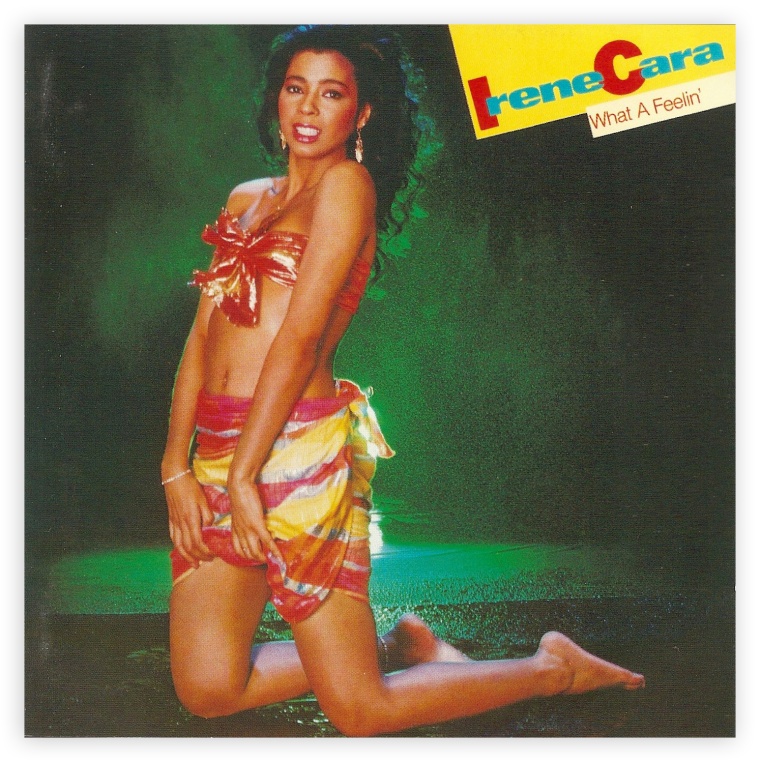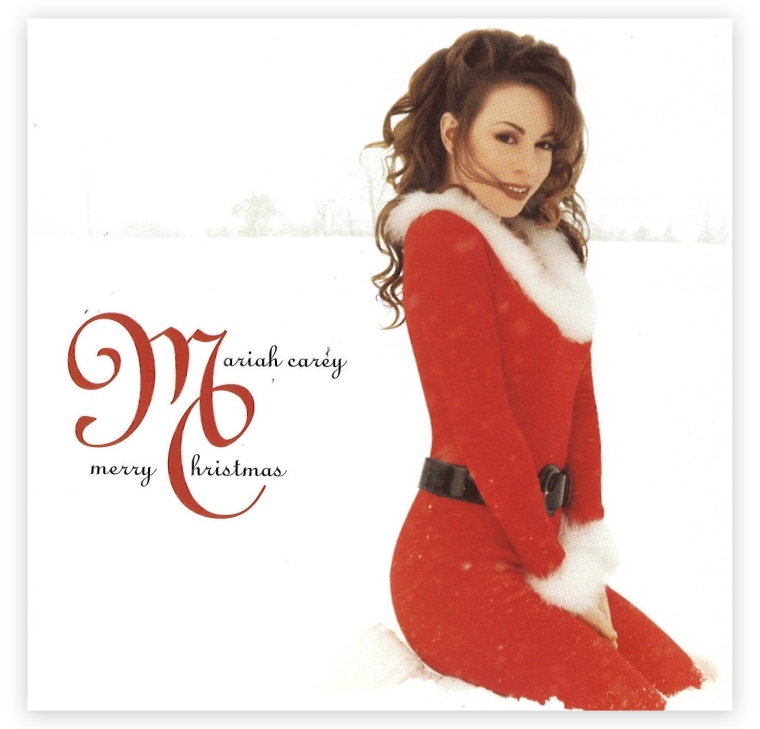Daddy Yankee’s global hit “Gasolina” is the first reggaeton song to be inducted into the National Recording Registry at the Library of Congress.
The song is among the 25 recordings and albums selected Wednesday for preservation at the nation’s audio history library.
“Gasolina” didn’t just catapult the Puerto Rican rapper into mainstream success in 2004, it also marked the beginning of the globalization of reggaeton, a Latin urban music genre that was once considered clandestine.

Puerto Rico is often regarded as the birthplace of reggaeton, but its roots go back to 1980’s Panama, where Afro Panamanians began translating Jamaican dancehall songs into Spanish and making reggae en español tracks. At the same time, Puerto Rico’s Spanish-language hip-hop scene was picking up steam.
The first reggaeton tracks eventually emerged in the early 1990s — when the genre was known as “underground.” It later became known as reggaeton after artists started infusing the distinctive dem bow beats that currently characterize the genre.
“Gasolina” was released as the lead single for Yankee’s third studio album “Barrio Fino.” It marked the first time a reggaeton album debuted at No. 1 on the Billboard Top Latin Albums chart.
Yankee, who was born Ramón Luis Ayala Rodríguez, won a Latin Grammy in 2005 for his album “Barrio Fino, after the Latin Recording Academy renamed the best rap or hip-hop album category to best urban music album — signaling the growing popularity of the genre.
“Gasolina” was also the first reggaeton song to be nominated for the Latin Grammy for record of the year that same year.
The accomplishments signaled to the Latin music industry — which had long focused just on pop, rock en español and Mexican regional music — that reggaeton had a place in the mainstream music scene.
Since then, Yankee has been revered as one of the main pioneers who popularized the once underground genre, making it one of the most recognizable and profitable sounds in the music industry.
Following his 32-year music career, Yankee concluded his farewell tour in December after announcing his retirement.
“This career has been a marathon,” Yankee, 46, told his fans during his announcement last year. “It was you who gave me the keys to open this genre and make it the biggest in the world.”
‘Flashdance,’ a Christmas song and Mariachi history preserved
In addition to “Gasolina,” other songs by Latinos inducted to the National Recording Registry include “Flashdance … What a Feeling” by Irene Cara; “All I Want for Christmas Is You” by Mariah Carey, who is of Afro Venezuelan heritage; and “The Very First Mariachi Recordings” by Cuarteto Coculense.
In 1983, Cara became the voice of a generation with “Flashdance … What a Feeling,” the theme song of the film “Flashdance.” The song from the performer of Black, Cuban and Puerto Rican heritage, has endured through the decades as an empowering anthem.

“Flashdance … What A Feeling” won for best original song at the 1984 Academy Awards. Cara, 63, died in November.
Yankee’s and Cara’s hits were among dozens of songs from Latino artists nominated by the Congressional Hispanic Caucus in November for inclusion in the registry for their “significant creative and cultural impact.”
Of the 625 titles that have been included in the National Recording Registry since 2002, only 26 are from Latino artists, according to the Library of Congress.
The holiday smash hit “All I Want for Christmas Is You” is Carey’s first song to make the National Recording Registry.
A modest hit upon release in 1994, the song has grown over time to hit No. 1 on pop charts for the last four years.
“I’m most proud of the arrangements, the background vocal arrangements,” Carey, 54, said in a statement. “‘All I Want for Christmas’ is sort of in its own little category, and I’m very thankful for it.”

Some of the first mariachi music recordings from Cuarteto Coculense are being preserved in the registry alongside the modern-day big hits.
The four musicians from the Mexican state of Jalisco recorded the album in Mexico City between 1908 and 1909. Scholars and sound archivists later reissued the album, “The Very First Mariachi Recordings” in 1998 to revive a chapter in mariachi history that would have otherwise been lost.
“The National Recording Registry preserves our history through recorded sound and reflects our nation’s diverse culture,” Librarian of Congress Carla Hayden said in a statement. “The national library is proud to help ensure these recordings are preserved for generations to come.”
Every year, the registry selects 25 recordings worthy of preservation.
Source: | This article originally belongs to Nbcnews.com









